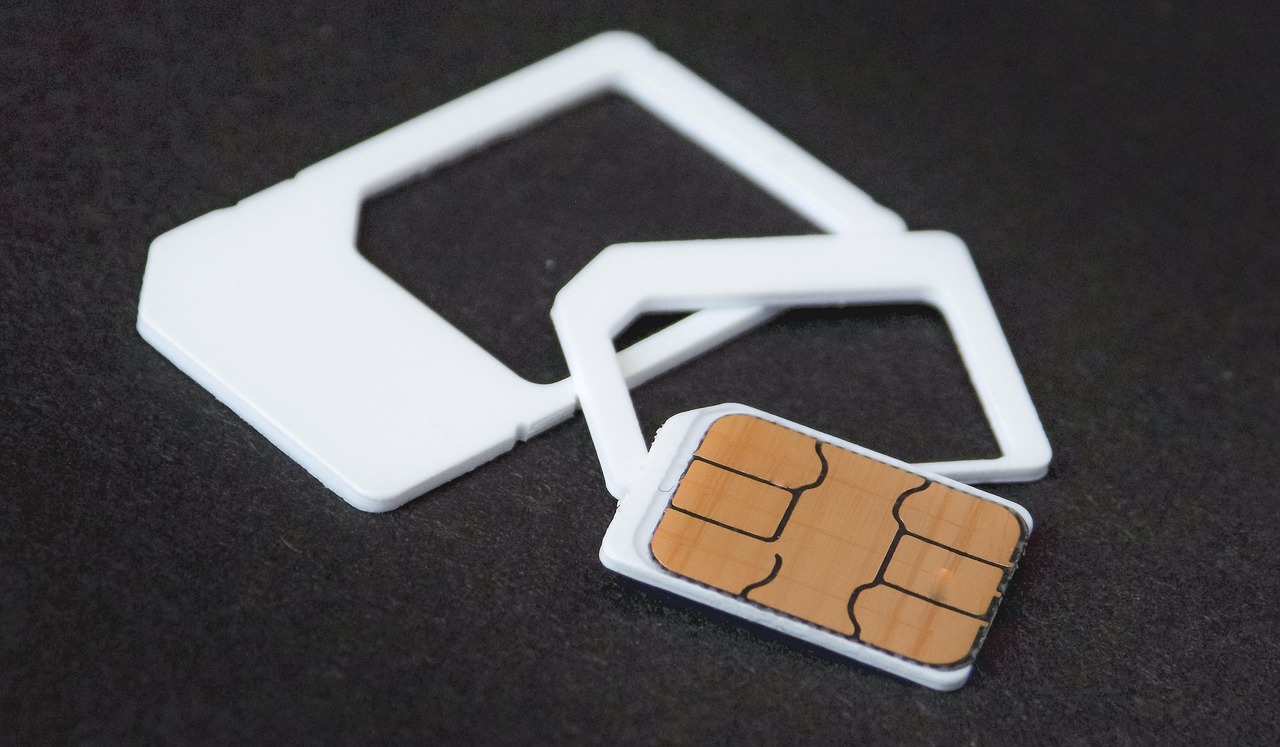The Bangladesh Mobile Phone Consumers Association has voiced strong opposition to the government’s planned reduction of permissible SIM cards per individual, warning the move could disrupt millions of users and undermine digital inclusion efforts.
Telecom regulators are considering cutting the maximum number of SIMs registrable under one national ID from 10 to 5, building on last year’s reduction from 15 to 10.
Association president Mohiuddin Ahmed criticised the proposal as impractical, noting that many citizens legitimately maintain multiple connections for family members and small businesses.
“Our research shows 63% of multi-SIM users register cards for relatives or employees,” Ahmed explained. “This policy would force ordinary citizens into unnecessary hardship while doing little to curb criminal misuse.”
The group cited Bangladesh Telecommunication Regulatory Commission data indicating approximately 2.1 million active SIMs belong to non-resident Bangladeshis or deceased individuals, often used for remittance services and family communications.
The association also raised concerns about a proposed annual renewal requirement, arguing it would create disproportionate challenges for rural subscribers who comprise 38% of the user base. Industry analysts suggest the combined measures could disconnect 8-10 million secondary SIMs and potentially reduce mobile financial transactions by 15-20%.
Posts and Telecommunications Ministry officials maintain the changes aim to enhance security and curb illegal activities. However, consumer advocates argue alternative solutions like biometric verification for high-volume users would prove more effective without inconvenicing legitimate customers.
With Bangladesh’s 185 million mobile subscriptions contributing 6.2% to GDP, the association urges policymakers to reconsider the measures. “Rather than restrictive policies, we need smarter solutions that balance security with accessibility,” Ahmed emphasised. The group plans to submit formal objections to relevant parliamentary committees this week.
Correction: An earlier version misstated the percentage of GDP contributed by the telecom sector. The correct figure is 6.2%, not 6.5%.


